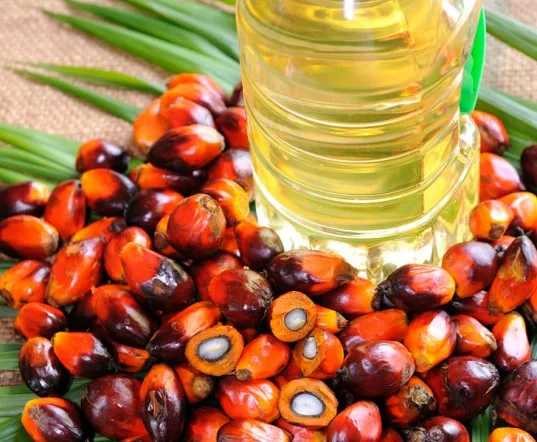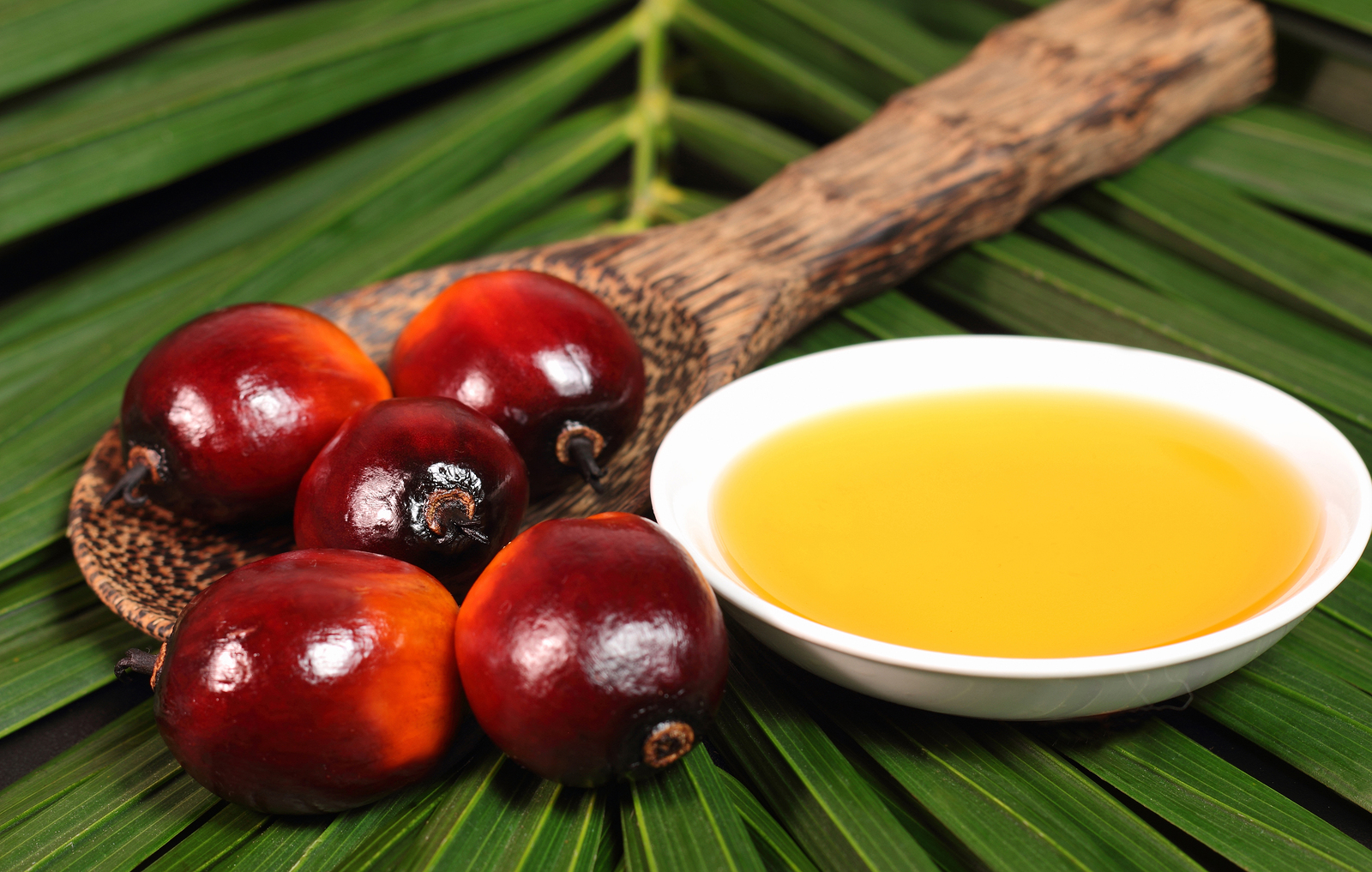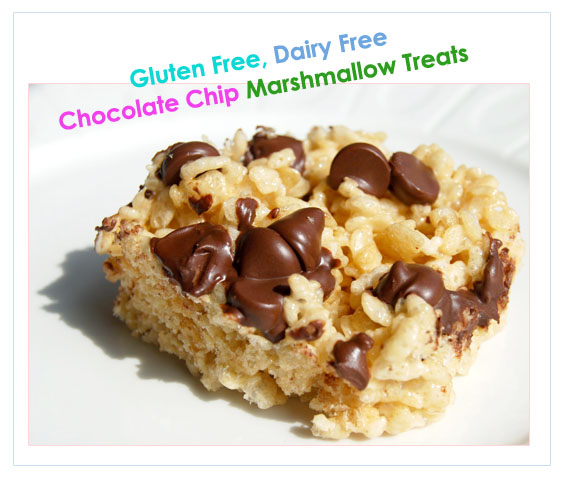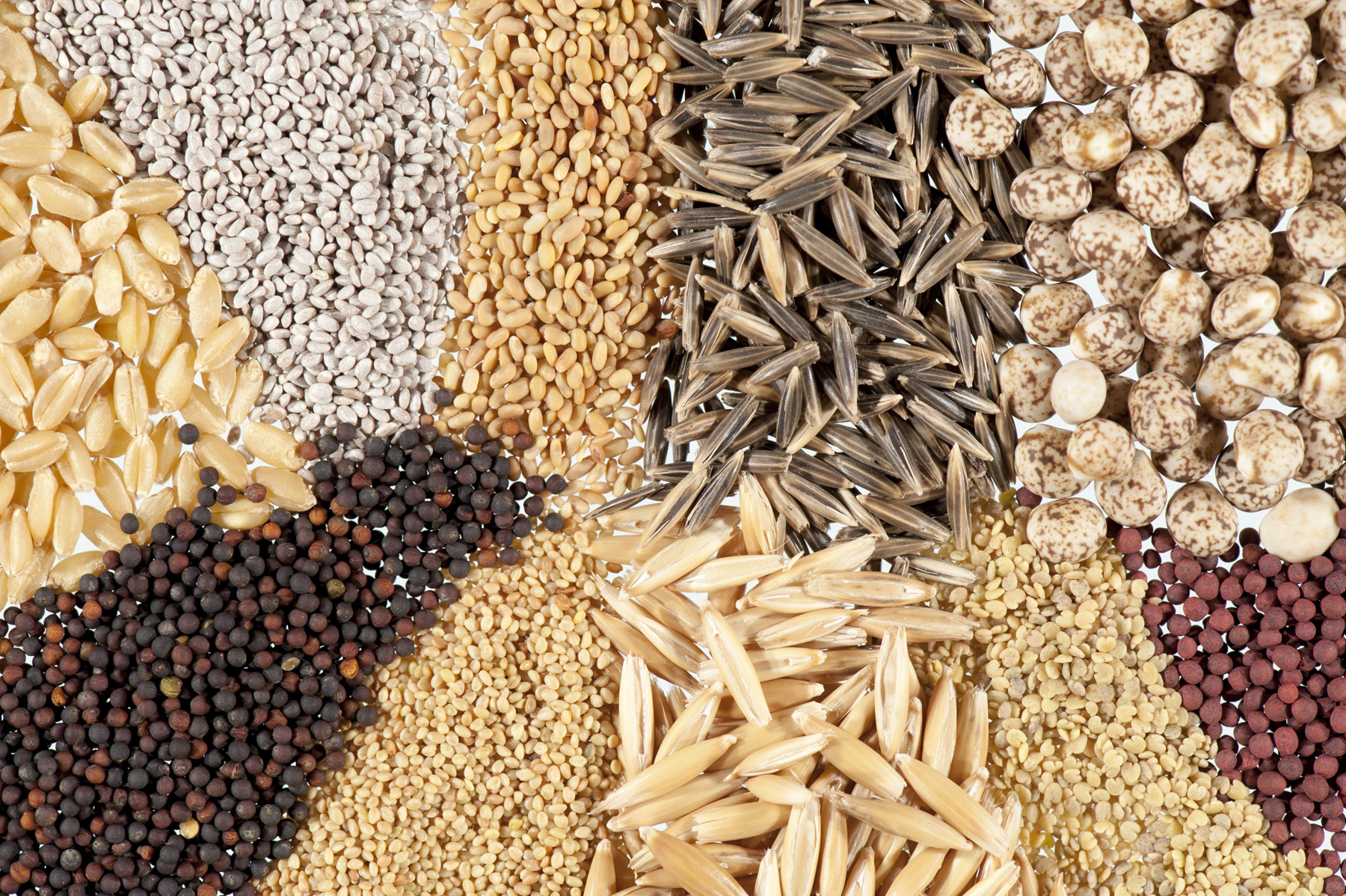It’s a lot more useful than you’d expect!
Palm oil is an ingredient that is used in a very wide range of products. Look on the shelves of your supermarket, and you’ll find it in just about everything: from cosmetics to soaps to ice cream to chocolate to margarine to fuel for your vehicles.
Palm oil is a highly versatile ingredient.
- It is a natural preservative, and it will extend the lifespan of any food to which it’s added.
- It’s excellent for cooking. It maintains its chemical properties even under high heat, and has a higher smoke point than many plant-based oils.
- It has a smooth, creamy texture. There is also no smell in palm oil. This makes it a beautiful ingredient to add into baked goods (cakes and cookies, for example).
But the really important thing about palm oil is that it’s the highest-yielding oil crop in the world. More palm oil is produced around the world than any other type of oil. Not only is it an abundant crop, but far less land is needed to grow it—as much as 50% of the land required by other types of oil. This makes it a very inexpensive oil; in fact, it’s the cheapest oil on the planet.
Europe is one of the primary consumers of palm oil, along with China, India, and Indonesia. The average European consumed roughly 6% of their daily fat in the form of palm oil. This is due to the fact that the oil is added into so many foods, as explained above.

READ MORE: 12 Pure Essential Oils to Relieve Stress
The problem, however, is that palm oil cultivation has led to deforestation in many areas around the world. Seeing as the oil comes from palm trees (a specific type), those palm trees have to be cut down and processed in order to produce the oil. This deforestation affects both the flora and fauna of the region, leading to lasting negative effects on the planet.
Enter sustainable palm oil!
The Roundtable on Sustainable Palm Oil (RSPO) is an organization established in 2004 for the purpose of promoting the production and use of sustainable palm oil. The RSPO has created eight simple principles by which growers must live in order to be certified sustainable. These principles are:
- Compliance with applicable regulations and laws
- Commitment to transparency
- Use of best practices by millers and growers
- Commitment to long-term financial and economic viability
- Responsible conservation of employees, as well as the communities and individuals affected by the growing and milling of palm trees
- Environmental conservation and responsibility, protecting both biodiversity and natural resources
- Commitment to continuous in specific areas of activity
- Responsible development of new plantings (to increase re-growth after harvest)
Growers who follow these principles can request that the RSPO certify their oil as “sustainable palm oil”. The RSPO has established the global standard for sustainable palm oil, and they continue to ensure that the planet is protected from harm by ensuring safe and responsible growing and business practices.
Is the quality of sustainable palm oil any better than regular palm oil? The answer is “probably not”. The quality of the palm oil depends on the type of tree used, the milling process, and a host of other factors. However, what IS affected is the environmental impact. The growers that follow sustainable practices are trying to protect the earth, so it’s in our best interest to promote the use and consumption of this oil. The more we purchase sustainable resources like this palm oil, the more these eco-champions will flourish.








